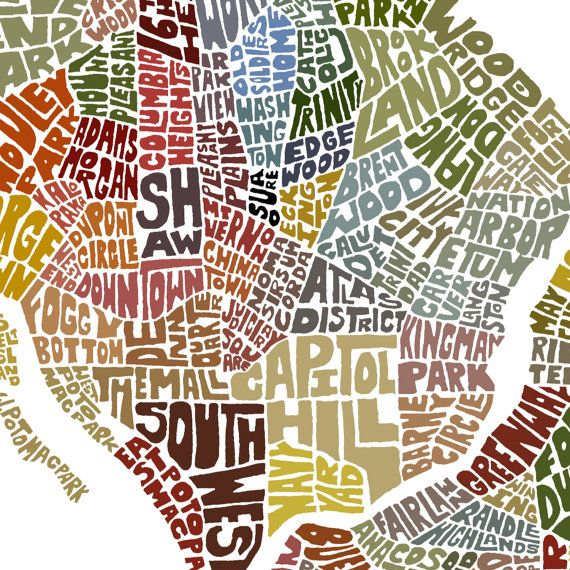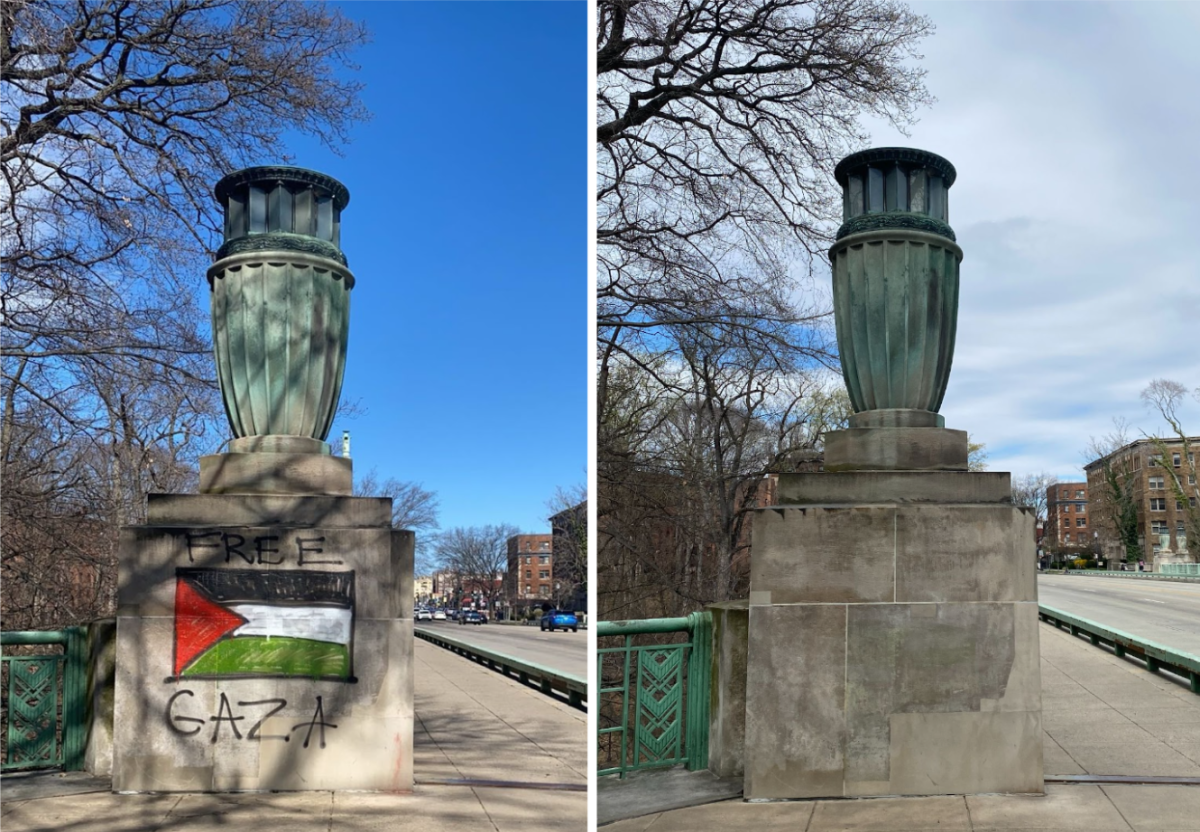Middle school students at WIS were introduced to a new elective course this year: D.C. History. The class introduces students to the rich history and culture in the city, covering a wide variety of topics from the Indigenous peoples who live in the area to the influence of Go-go music.
Lauren Wright, a Middle School humanities teacher and the new D.C. History teacher, divided the topics into three subgroups.“Because it’s an elective course, there’s nothing that we have to cover,” Wright said. “I broke it into three different units: Indigenous history, the making of the capital city and government and African-American history. Students also do original research where they investigate topics that are current to D.C..”
Wright’s interest in D.C. originated in being a D.C. resident but feeling that she lacked knowledge about the city. She feels that research and learning can help her become a better citizen.
However, after the Capital insurrection on Jan. 6, 2021, she felt that it was important for middle school students to learn about how the event relates to D.C. history.
“As a teacher, the events of Jan. 6 crystalized that thinking for me,” Wright said. “I felt like middle school students were missing important pieces of information to process something that was obviously really affecting them. It was our city, and it was confusing and maybe a little bit scary.
Wright also cited the international nature of WIS as a reason for starting the class. “I think it’s also really important to understand the historical context and the cultural context for where the school’s located, even if you’re not American or you’re not here for long,” Wright said.
While planning the class, she was worried that middle school students would not want to take the course due to its more academic approach. However, D.C. history intrigued the students, and they helped her plan an assembly about the importance of the Anacostan, originally Nacotchtank, and Piscataway people in the area.
Wright aspires to keep the course at WIS, and she is especially excited to take the students on field trips around D.C. to learn about the content of the course first-hand. She also hopes that the topics that students learn about will inspire them to take action to help the D.C. community.
“The ideal scenario for me would be that this would be about history, but also social justice and action,” Wright said. “People could think about how we, as residents, can help the city that we live in. Part of that is understanding the history.”
By Camila Levey


































































